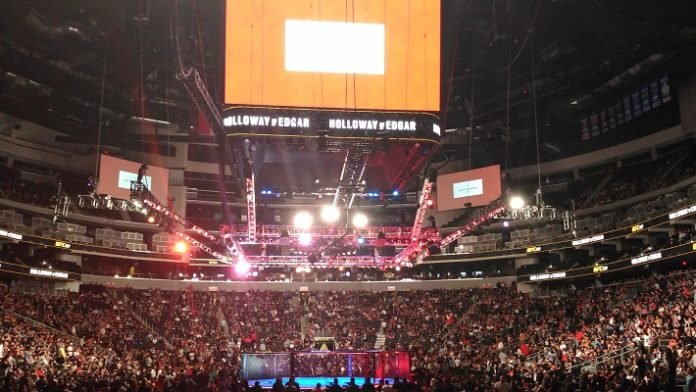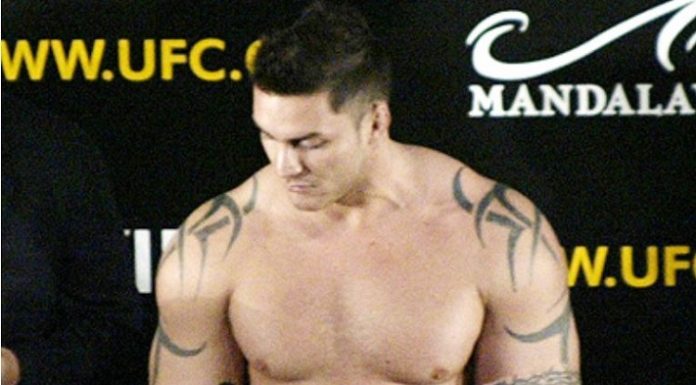
A major milestone in the ongoing antitrust lawsuit against the UFC has been reached.
The New York Times and other media outlets reported Thursday that U.S. District of Nevada Judge Richard Boulware has certified class status for the lawsuit — meaning over 1,000 fighters who competed for the world’s largest mixed martial arts promotion between 2010 and 2017 will be represented in the suit, unless they choose to opt out.
The lawsuit, which alleges that the UFC abused its monopoly in MMA to suppress fighter pay, was originally brought by a handful of former fighters including Jon Fitch, Nate Quarry, and Cung Le. The suit was initially filed in 2014.
Boulware did not issue a written ruling in announcing the class certification, but one is expected come Monday. Additionally, he declined to grant class status to an additional claim that the UFC abused its power to suppress earnings from athletes’ image rights.
However, with the primary claim certified, the UFC finds itself under fire. The promotion previously hinted they would appeal any class certification, and that is expected moving forward. Should that appeal fail, they have the option to settle the suit — which may be preferable than going to trial, given the plaintiffs alleged that athletes were shortchanged to the tune of $1.6 billion between 2010 and 2017 because of the UFC’s anti-competitive actions.
A primary concern for the UFC, and motivator to settle, could come from the specter of treble damages being awarded should the plaintiffs prove their case. Treble damages amount to up to three times the actual damages being awarded in certain civil cases, including antitrust cases.
Beginning in 2006, the UFC bought, folded, and absorbed competing promotions including PRIDE, the WEC, and Strikeforce. They signed away rival promotion’s stars, and while taking advantage of free agency isn’t problematic in its own right, UFC President Dana White staging a photograph with a mock tombstone featuring the names of promotions he helped drive out of business certainly didn’t help the UFC’s image.
While the modern MMA scene offers competing promotions like Bellator, ONE Championship, RIZIN, the PFL, and KSW, it’s important to note that many of these were not viable alternatives during the class period of 2010 to 2017.
The most telling aspect of the ongoing case, however, has always been the numbers at its core. Most major professional sports leagues have athletes taking home around 50 percent of total revenue. The UFC has historically managed to keep fighters below 20 percent.
That’s a figure that had even current UFC star Jorge Masvidal speaking out earlier this year.
Following the judge’s ruling, former UFC fighter Nate Quarry took to social media to give his take. “I can’t convey how big this is for the sport of MMA,” Quarry wrote. “Thank you to our whole team that’s been working on this for over five years and to the other plaintiffs I’m honored to stand beside. We’re one step closer to fighters having a seat at the table.”





















